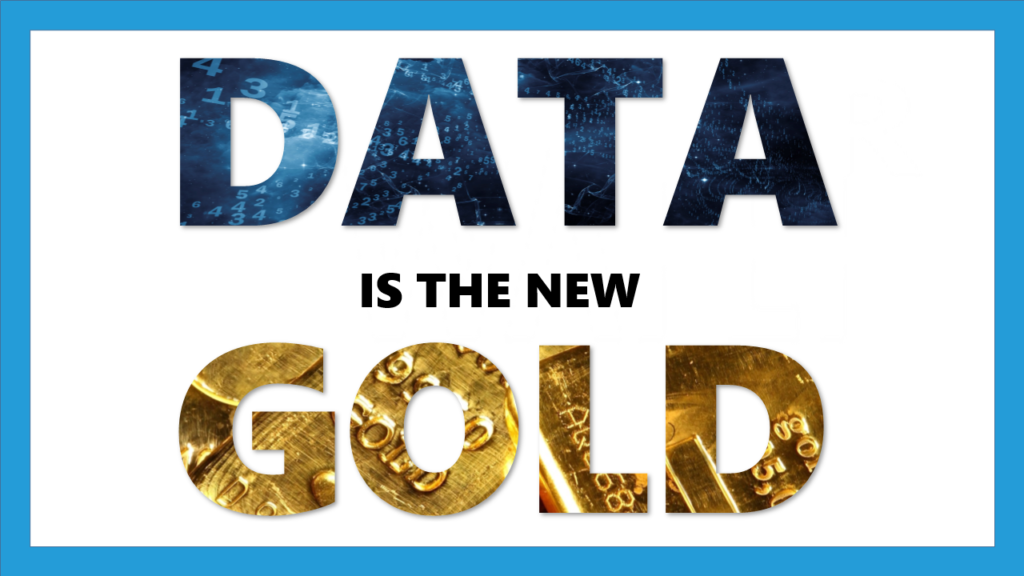|
Getting your Trinity Audio player ready...
|
Data is often referred to as the “new gold” due to its immense value in today’s digital age. The process of datafication, or the transformation of physical objects and experiences into digital data, has led to an explosion of information that can be used to drive business decisions, improve operations, and gain insights into customer behavior.
One of the key benefits of datafication is the ability to collect and analyze large amounts of data in real time. This allows organizations to quickly identify patterns and trends that can be used to improve their products and services, as well as make more informed decisions. For example, a retail company can use data analysis to track customer purchasing patterns and use this information to optimize inventory and marketing efforts.
Another benefit of datafication is the ability to gain insights into customer behavior. By collecting data on customer interactions, companies can understand what drives customer satisfaction and loyalty. This can be used to improve the customer experience, as well as identify opportunities for upselling and cross-selling.
Datafication also enables organizations to optimize operations by identifying inefficiencies and areas for improvement. For example, an industrial company can use datafication to monitor the performance of its equipment and identify potential maintenance issues before they become major problems. This can help to reduce downtime and increase productivity.
The potential of datafication is not just limited to businesses. It also has the potential to improve the lives of individuals. With the increasing prevalence of smart devices and the internet of things, individuals are generating more data than ever before. This data can be used to create personalized experiences and services. For example, a fitness tracker can use datafication to provide personalized workout plans and nutrition recommendations based on an individual’s activity levels and goals.
In addition to its potential benefits, datafication also raises important ethical and privacy concerns. As organizations collect and store more data, there is a greater risk of data breaches and cyberattacks. Additionally, there are concerns about how organizations use and share personal data. It is important for organizations to have robust data governance policies in place to ensure that personal data is protected and used responsibly.
In conclusion, data is the new gold, and datafication has the potential to bring significant benefits to organizations and individuals. To unlock the potential of datafication, organizations must have a clear understanding of the data they collect and the insights they can gain from it. They must also have robust data governance policies in place to ensure that personal data is protected and used responsibly. As the amount of data continues to grow, organizations that can effectively leverage datafication will have a significant competitive advantage.
Another important aspect of datafication is the ability to use artificial intelligence (AI) and machine learning (ML) to analyze and make sense of the vast amounts of data being collected. These technologies can be used to identify patterns and insights that would be difficult or impossible for humans to detect on their own. For example, a healthcare organization can use datafication and AI to analyze patient data and identify early warning signs of disease, allowing for earlier intervention and better outcomes.
One of the biggest challenges organizations face when it comes to datafication is managing and storing the vast amounts of data being collected. The cost of storage and the complexity of managing large data sets can be significant. Cloud computing and edge computing solutions are being used to address these challenges. Cloud computing allows organizations to store data in a centralized location and access it from anywhere, while edge computing allows data to be processed closer to the source, reducing the need for expensive and complex data pipelines.
Another important challenge organizations face when it comes to datafication is ensuring the quality and accuracy of the data being collected. Data quality is a critical concern as poor quality data can lead to incorrect decisions and wasted resources. Organizations must have robust processes in place to ensure data quality, such as validating data before it is entered into the system and regularly cleaning and updating data.
In summary, datafication has the potential to bring significant benefits to organizations and individuals. It allows organizations to collect and analyze large amounts of data in real time, gain insights into customer behavior, optimize operations, and create personalized experiences and services. However, it also raises important ethical and privacy concerns, and managing and storing the vast amounts of data being collected can be challenging. Organizations must have a clear understanding of the data they collect and the insights they can gain from it, have robust data governance policies in place, and use technologies such as AI and ML to analyze data. Organizations that can effectively leverage datafication will have a significant competitive advantage.



